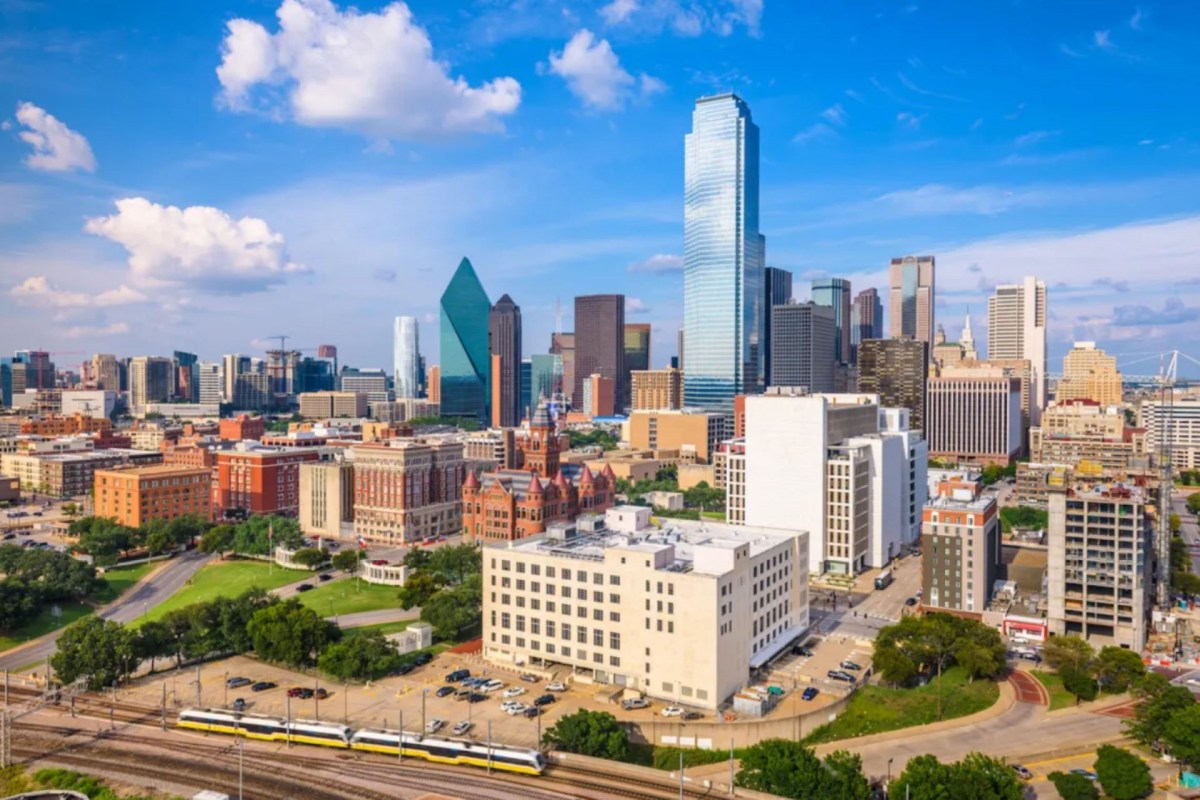Two new high-speed rail projects could make Texas a next-level hub for rail technology in the United States.
According to Axios, Dallas may soon host two separate high-speed rail projects: a train connecting the city to Fort Worth and a separate bullet train connecting the city to Houston, creating the "first true high-speed corridor" in the U.S.
For passengers, traveling from Dallas to Fort Worth could take just 21 minutes with the new system, according to Axios. This compares to the roughly hour-long commute some commuters face with existing public transportation.
Meanwhile, high-speed rail connecting Dallas and Houston would take just 90 minutes per trip, compared to the 4.5- to five-hour commute that existing public transportation allows. Fort Worth to Houston would take just two hours, per Axios.
According to the news platform, Amtrak conducted a study to test whether projections about ridership have shifted since the COVID-19 pandemic, and while it found that business commuting has slipped somewhat, more widespread leisure travel ensures that the rail systems would be used at about the same level as pre-pandemic estimates.
"You would be able to go to Houston to go and see a game, to have dinner, and come back the same day," Andy Byford, the senior vice president of high-speed rail development, told the Dallas City Council, per Axios.
High-speed rail systems have the potential to transform tourism, commuting culture, and city economies by providing an unprecedented influx in visitor accessibility for out-of-towners in major cities. California and Florida are also developing high-speed rail systems that could help the U.S. catch up with existing systems in countries like China.
🗣️ Would you want a high-speed railway in your state?
🔘 YES 👍
🔘 NO 👎
🗳️ Click your choice to see results and speak your mind
Gas-guzzling passenger vehicles are massive polluters that can create serious problems for people worldwide. By improving public transportation infrastructure, communities small and large can help their residents by reducing the amount of planet-warming gases and fumes that also cause respiratory issues like asthma. Reducing our overall pollution can also help protect our collective food supply from extreme weather events.
Join our free newsletter for weekly updates on the coolest innovations improving our lives and saving our planet.









